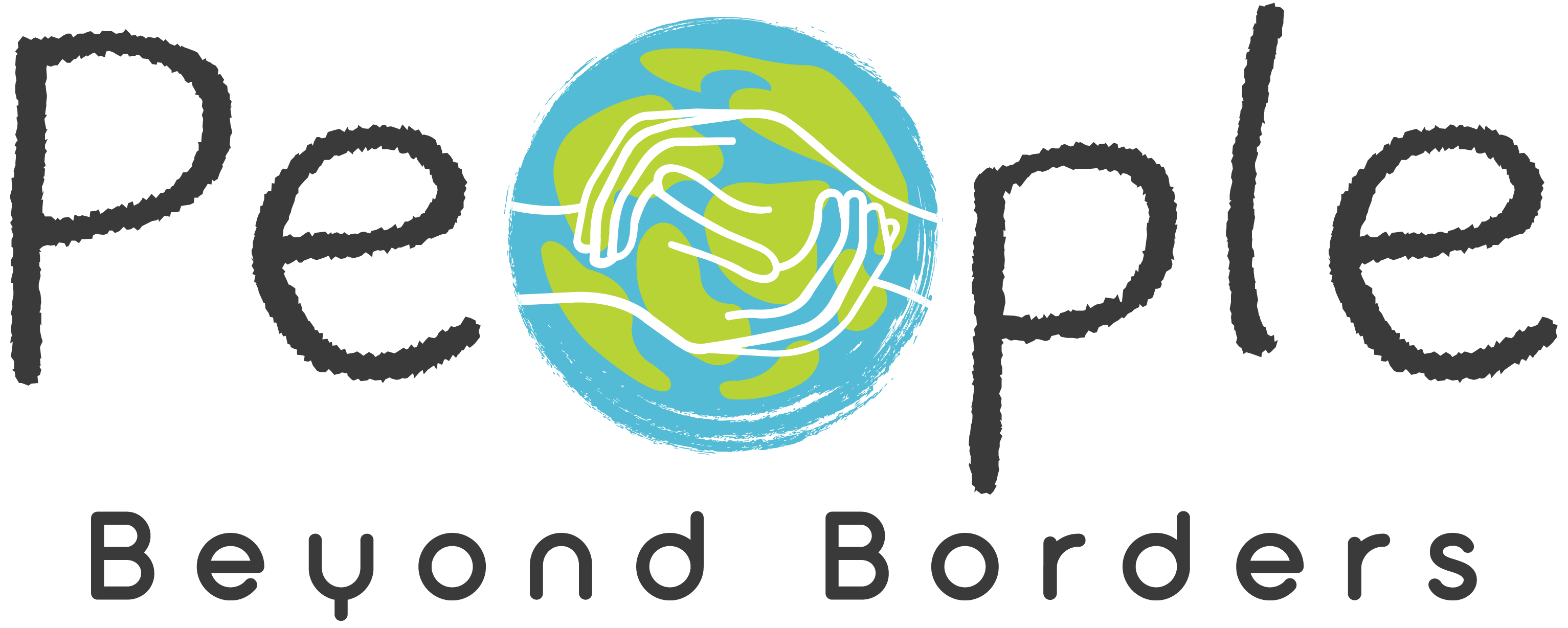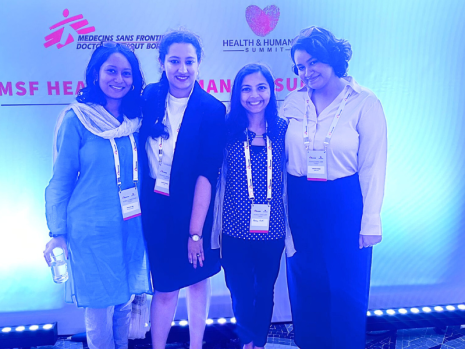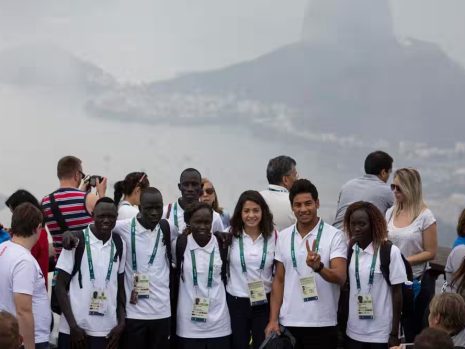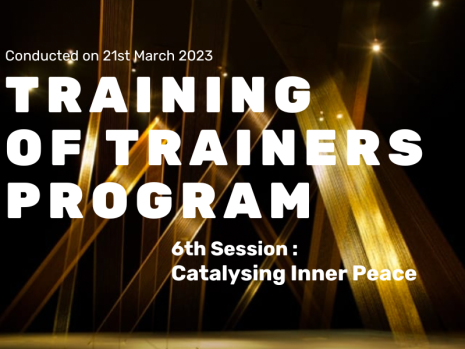Aspirations result from imagining better alternatives to the present. They drive people to improve their conditions and those of their families and communities. Aggregated together they have the power to change whole societies.
Aspirations are not, however, evenly distributed. Some people aspire more than others, while others are prevented by their circumstances from doing so.
Poverty, suffering and violence can profoundly affect one’s ability to aspire for a better future. So can displacement. People who have been forced to leave their homes have watched their previous life plans shatter and often live in appalling circumstances. Dreams can be an unbearable burden for refugees struggling to survive. For others they are a way of coping with and enduring a very difficult present. Refugees know that aspirations can be both a blessing and a curse.
Dreams and aspirations are where refugees store their potential for changing their lives.
This roundtable is about the aspirations of individuals fleeing violence, persecution, and deprivation, as told by researchers and practitioners who have spoken with them in the places they now live. We hope to learn three main things from our roundtable participants.
First, we want to understand how vulnerabilities and aspirations interact. How does displacement influence one’s capacity to aspire? Can refugees who have lived in camps for decades aspire at all? What about those who have experienced torture, or who have waited at the borders of Europe? If so, what do they aspire to?
Second, we want to know how migration policies affect refugees’ life aspirations. What do states and their migration officers expect refugees to aspire to? Basic safety? How about joining a girlfriend, studying engineering, building up a company, having a cosy home, or establishing a cultural association? Are these types of aspirations also considered legitimate by those with the power to decide?
Third, we want to know how refugees realise their aspiration to either move on or to stay put. What coping mechanisms and strategies allow them to achieve their goals, or is it more a matter of moving the goal posts until something achievable is found?
We hope that this roundtable makes readers question the idea – found in the policies and public discourse of most countries in the world – that refugees are or should be ‘hopeless victims’. That they should not have aspirations other than to save their lives. Exploring refugees’ aspirations allows us to observe how their dreams orient their journeys, give meaning to their daily struggles, and challenge the borders that limit their present.
Dreams and aspirations are where refugees store their potential for changing their lives. They are too often ignored. Refugee advocates tend to highlight extreme suffering to maximise funding and compassion, and refugees often take this tack as well for fear of being classified as economic migrants. Proponents of more restrictive migration and asylum policies, meanwhile, rarely concern themselves with why people are crossing borders – they are too busy insisting that refugees are burdens, threats, and that no one gets through.
All sides need to take a step back and make more room for the human behind the label. Their ordinary, usually unexceptional desires should be recognisable to most of us. For us, their aspirations are morally legitimate regardless of their circumstances, and as such they should never be used to undermine their claims for protection and freedom.



